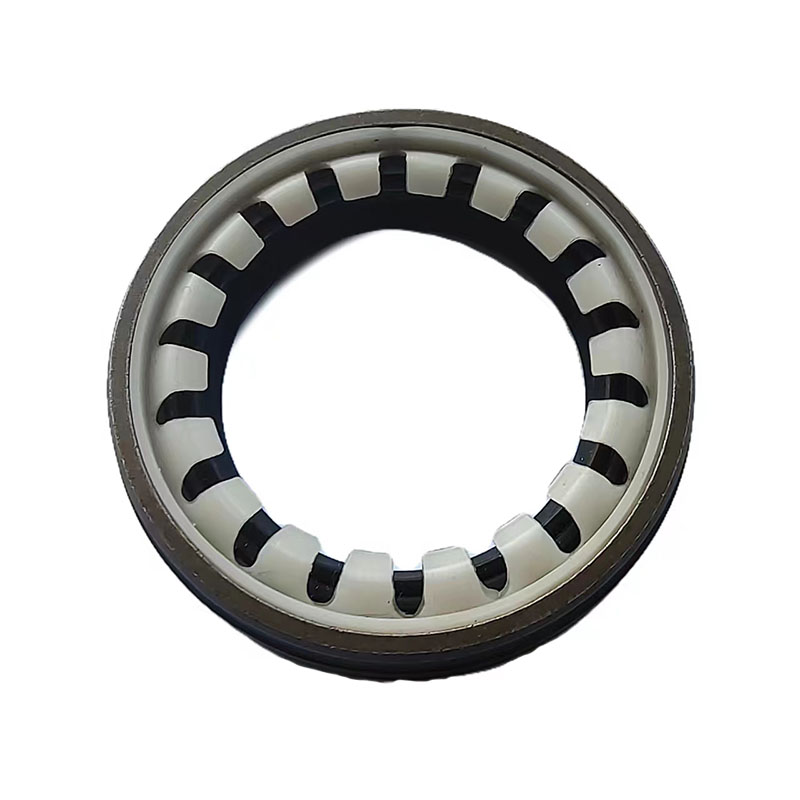Understanding the Function and Importance of Shaft Oil Seals in Machinery
Understanding Shaft Oil Seals Importance and Functionality
Shaft oil seals, commonly referred to as rotary shaft seals, play a critical role in maintaining the integrity and efficiency of various machinery and vehicles. These seals are designed to prevent the leakage of lubricants and fluids while also protecting components from dust, dirt, and other contaminants. A well-functioning oil seal is essential for the longevity and performance of equipment, making it an often overlooked yet vital part.
Design and Structure
The design of a shaft oil seal generally comprises a rubber or elastomeric outer casing, a metallic or rigid inner casing, and a spring mechanism that ensures a tight fit around the shaft. The seal creates a barrier against the escape of oil or other fluids, working effectively under high pressure and varying temperatures. This diverse design allows oil seals to be used in various industries, including automotive, aerospace, and manufacturing.
How They Work
Shaft oil seals function by forming a static and dynamic seal around the rotating shaft. The elastomeric material compresses against the surface of the shaft, preventing the leakage of lubricants, while the spring mechanism pushes the sealing lip against the shaft. This dynamic contact minimizes sliding friction, providing a long-lasting and efficient seal. The inner part of the seal remains stationary, while the exterior part remains static, keeping the fluid sealed within the system.
Importance of Oil Seals
shaft oil seal

1. Leak Prevention One of the primary functions of shaft oil seals is to prevent oil leaks. These leaks can lead to environmental hazards, loss of lubricants, and potential damage to machinery components.
2. Contamination Prevention Oil seals also keep contaminants such as dust and dirt out of the lubrication system. Contaminated oil can lead to premature wear of the mechanical parts, resulting in costly repairs and downtime.
3. Improving Efficiency By sealing lubricants effectively, oil seals help maintain optimum pressure within a lubrication system. This, in turn, enhances the performance and efficiency of the equipment, allowing for smoother operations.
4. Cost Savings Effective oil seals contribute to the overall maintenance costs of machinery by reducing the need for frequent repairs and lubricant replenishment. This results in significant savings for industries that rely on heavy machinery.
Conclusion
In summary, shaft oil seals are an essential component in numerous mechanical applications, providing vital functions such as preventing leaks, keeping contaminants at bay, and enhancing operational efficiency. Understanding and ensuring the proper maintenance of these seals can lead to improved machinery performance and longevity, making them indispensable in the world of mechanical engineering. Regular inspections and replacements, when necessary, can help preserve the functionality of machinery, ultimately leading to a more sustainable and cost-effective operation.
-
Seal 12x20x5: Precision Radial Shaft Seals for Industrial Reliability
News Nov.24,2025
-
Seal 12x18x5: Essential Guide to Specifications, Applications & Vendors
News Nov.24,2025
-
Understanding Seal 12 20 5: Applications, Specifications & Industry Insights
News Nov.23,2025
-
Durable Oil Seal 85x110x12 – Reliable Sealing Solutions for Industry
News Nov.23,2025
-
Durable and Precise Oil Seal 75x95x10 for Efficient Machinery | YJM Seal
News Nov.22,2025
-
Durable Oil Seal 75x100x10 for Reliable Industrial Performance | YJM Seal
News Nov.22,2025
-
High-Quality Oil Seal 65x90x10 | Durable & Reliable Sealing Solutions
News Nov.22,2025
Products categories















